We’ve all heard the saying, “An apple a day keeps the doctor away.” While it may not be literally true, it reminds us to value the nutritional benefits of what we consume. Apple juice, in particular, has long been a favorite in the United States—second only to orange juice in popularity. And when consumed in moderation as part of a balanced diet, apple juice can be good for you. Just ask San Francisco 49er Nick Bosa, who includes apples in many of his juicing recipes. Juicing even played a role in his speedy recovery after a serious knee injury. One of his go-to blends, Green Power Fusion, features green apples as a staple ingredient—highlighting just how important apples are in health-focused juice bar menus.
Apple Juice Nutrition Facts
Here are the nutrition facts for 100% apple juice (per 1 cup / 240 ml serving):
Total Fat: 0g
Sodium: 10mg
Potassium: ~250mg
Total Carbohydrates: 28g
Sugars: 24–26g (naturally occurring)
Dietary Fiber: 0g
Protein: 0g
Vitamin C: ~100% Daily Value (if fortified)
Calcium: 2% Daily Value (if fortified)
Iron: 2% Daily Value
Does Apple Juice Have Vitamin C?
Yes, apple juice does contain vitamin C—especially if it’s fortified. As noted above, one cup (240 ml) of fortified 100% apple juice can provide up to 100% of the daily value for vitamin C. However, unfortified apple juice naturally contains only a small amount of vitamin C.

Advantages of Drinking Apple Juice
Health-conscious consumers often choose fruit juice as an easy way to increase their daily intake of fruits and vegetables. Apple juice, in particular, offers several benefits:
- Hydration: Apples are made up of about 88% water, making apple juice a good source of hydration. It’s also a kid-friendly option, often encouraged by parents to help children stay hydrated.
- Immune Support: Apple juice contains vitamin C, which helps strengthen the immune system.
- Heart and Brain Health: Apple juice contains polyphenols, plant compounds that may support cardiovascular and cognitive function.
- Rich in Antioxidants: Though apples may not offer the same nutrient variety as some other fruits and vegetables, they are still a good source of essential nutrients like vitamin C, potassium, and powerful antioxidants.
According to Healthline, apples are rich in:
- Vitamin C – boosts immunity
- Potassium – supports heart health
- Quercetin – a plant compound with anti-inflammatory effects
- Catechin – a strong antioxidant also found in green tea
- Chlorogenic acid – may help with weight management
Most people enjoy apple juice as part of a mixed fruit and vegetable juice blend to gain a broader range of nutrients.
Does Apple Juice Make You Poop?
Yes, apple juice can help you poop, especially in mild cases of constipation.
Here’s why:
- Sorbitol: Apple juice contains sorbitol, a natural sugar alcohol that pulls water into the intestines and helps soften stool, promoting bowel movements.
- Water content: With about 88% water, apple juice helps hydrate the body, which is essential for regular digestion.
- Mild laxative effect: It’s gentler than prune juice but can still stimulate bowel activity, particularly in children.
However, drinking too much apple juice may cause diarrhea or stomach discomfort, especially in those sensitive to sorbitol. For constipation relief, a small glass (around 4–6 oz) is usually enough.
How to Make Apple Juice?
Making apple juice at home is simple, and it's one of the healthiest ways to enjoy it—without added sugars or preservatives.
What You Need:
- Fresh apples (any variety you like)
- A juicer (or a blender + fine strainer/cheesecloth)
- Optional: a splash of lemon juice to prevent browning
Steps Using a Juicer:
- Wash and core the apples. You can leave the skin on.
- Cut apples into smaller chunks if needed.
- Feed the apple pieces into your juicer.
- Collect the juice and enjoy immediately for the best flavor and nutrients.
Steps Using a Blender:
- Wash, core, and chop apples.
- Add apple pieces to a blender with a little water.
- Blend until smooth.
- Strain the mixture through a fine mesh strainer or cheesecloth to separate the juice from the pulp.
Tip: Homemade apple juice is best served fresh and chilled. It's free from added sugars and preservatives, making it a healthier option than most store-bought versions.
What Kind of Juicer Do You Need to Juice Apples?
To juice apples effectively, the best choice is a cold press juicer (also known as a slow juicer or masticating juicer). Cold press juicers work at a low speed to gently crush and press the fruit, preserving more nutrients and reducing oxidation—perfect for making healthy, fresh apple juice at home.

One highly recommended option is the Ciarra Gadgets Cold Press Juicer. It’s designed to handle hard fruits like apples with ease, thanks to:
- A powerful motor that can process tough ingredients effortlessly
- An extra-wide feeding chute that fits whole apples—no need to pre-cut
- High juice yield and ultra-dry pulp, ensuring you get the most out of every apple

In performance tests, the Ciarra juicer extracted nearly 2 lbs (0.9 kg) of apple juice in just 2.5 minutes, outperforming competitors by squeezing out 487g (19 oz) more juice. The leftover pulp was noticeably dry, proving the juicer’s exceptional efficiency.
If you're serious about juicing apples, a cold press juicer like the one from Ciarra is an excellent investment for both convenience and nutrition.
You may also be interested in:
Factors to consider when buying a juicer
Apple Juice Recipe
1. Apple-Carrot Juice
Ingredients:
3 medium apples
2 large carrots
Instructions:
Wash apples and carrots.
Cut into pieces that fit your juicer.
Juice apples and carrots together for a sweet, nutrient-rich drink.
Stir and serve fresh.
2. Apple-Ginger Juice
Ingredients:
4 apples
1-inch piece of fresh ginger
Instructions:
Wash and core the apples.
Peel the ginger if desired.
Juice apples and ginger together.
Mix well and enjoy the refreshing, slightly spicy flavor.
What is the Healthiest Juice to Drink?
The healthiest juice really depends on your health goals:
For hydration and electrolytes, apple juice is a great choice.
For immune support, orange juice and other citrus juices are rich in vitamin C.
For a broad range of nutrients, green juice or multi-ingredient blends are ideal.
Many juice bars use 100% apple juice as a base or custom ingredient in their recipes because it’s both tasty and functional.
According to dietitians, some of the healthiest juices include:
Pomegranate juice – rich in antioxidants and anti-inflammatory compounds
- Beet juice – supports blood pressure and endurance
- Vegetable juice – low in sugar and packed with vitamins
- Orange juice – high in vitamin C for immune health
- Grapefruit juice – supports heart health (note: may interact with certain medications)
- Tart cherry juice – known for reducing inflammation and aiding sleep
- Tomato juice – a good source of lycopene and heart-healthy nutrients
- For the best health benefits, choose juices with no added sugar and preferably cold-pressed to retain nutrients.
FAQs
Is apple juice okay to drink daily?
Yes, drinking apple juice daily is okay in moderation. It can be part of a healthy diet when consumed in reasonable amounts (about 4–6 ounces per day), especially if it’s 100% natural with no added sugars.
When should you not drink apple juice?
You should avoid or limit apple juice if you:
- Have diabetes or need to control blood sugar, as it contains natural sugars.
- Are giving it to babies under 1 year old (risk of stomach upset).
- Experience digestive issues like diarrhea or sorbitol sensitivity.
- Need to watch calorie intake or avoid excess sugar consumption.
Is apple juice too high in sugar?
Apple juice naturally contains about 24–26 grams of sugar per cup, all from fruit. While it’s not “too high” if consumed moderately, it is high in natural sugars and lacks fiber, so drinking large amounts can spike blood sugar levels.
Is apple juice good for your belly?
Apple juice can aid digestion by providing hydration and natural sorbitol, which can help soften stools. However, it lacks fiber, so it’s less effective than whole apples for digestive health. Drinking in moderation is best.
What does freshly squeezed apple juice taste like?
Freshly squeezed apple juice tastes crisp, naturally sweet, and slightly tart—much fresher and brighter than store-bought versions. The flavor varies depending on apple variety but is generally refreshing and pure.

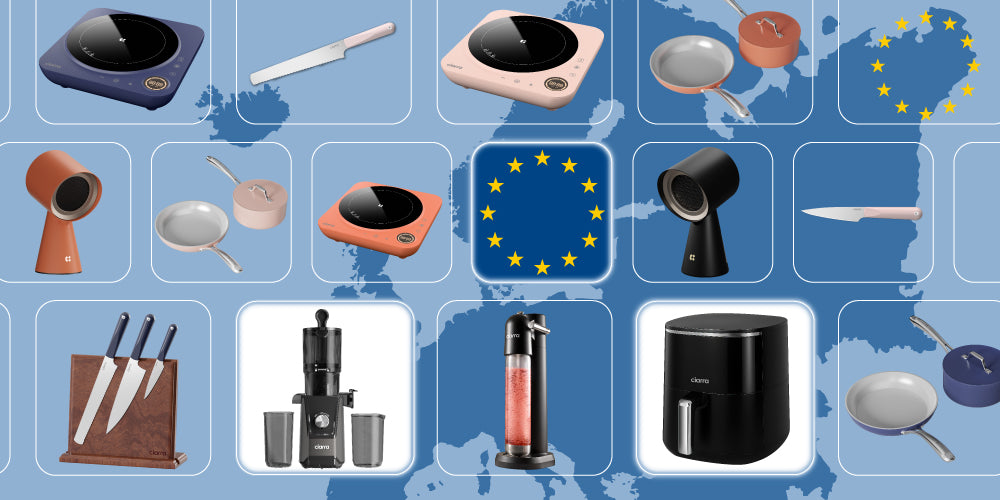
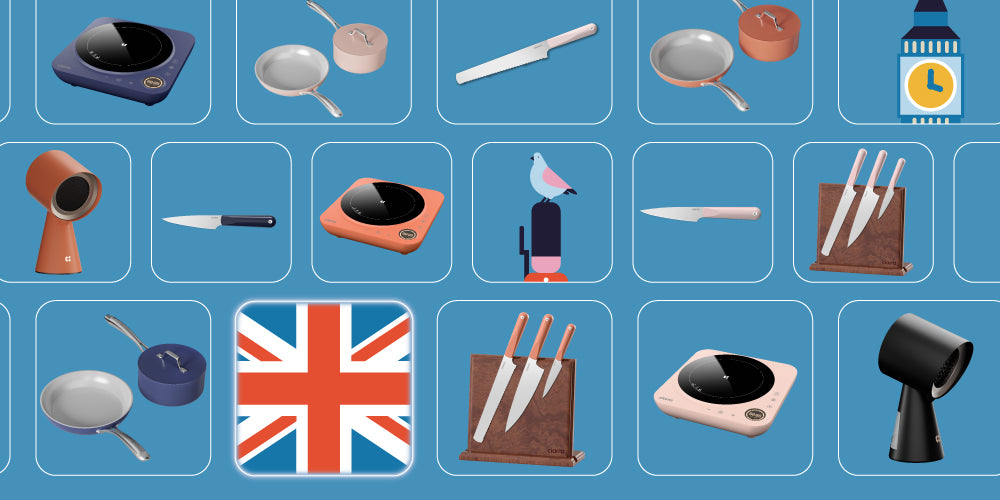


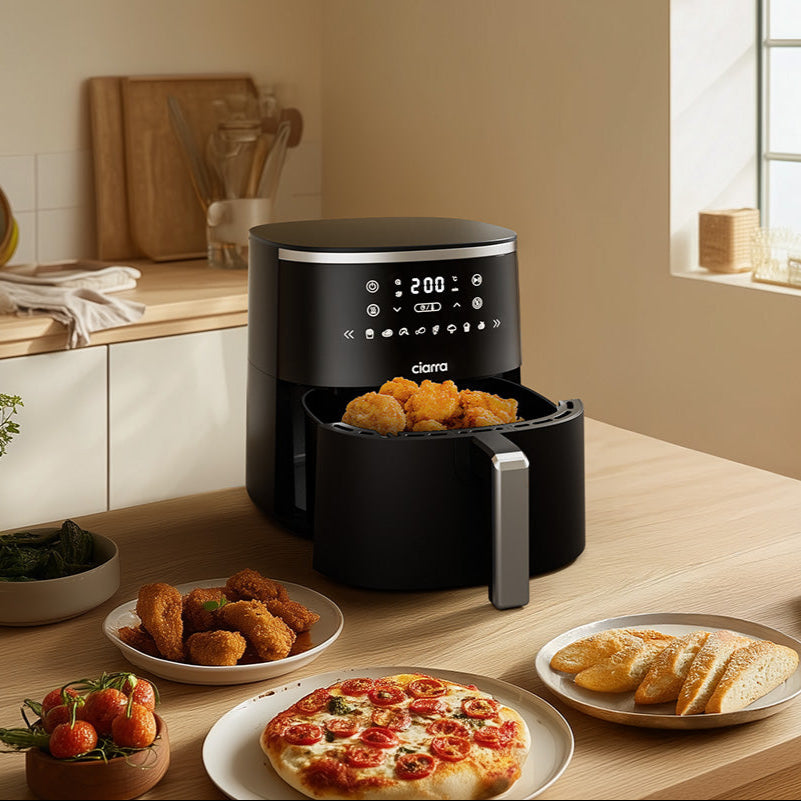
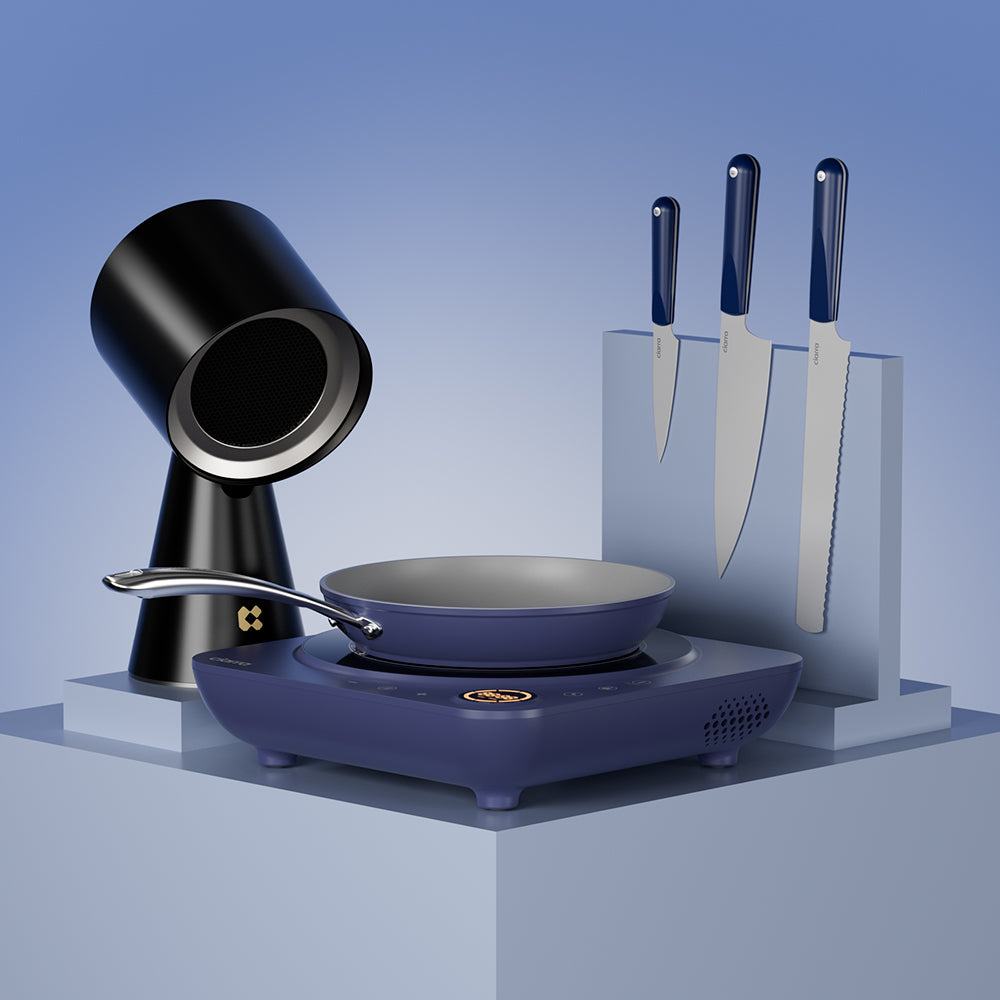


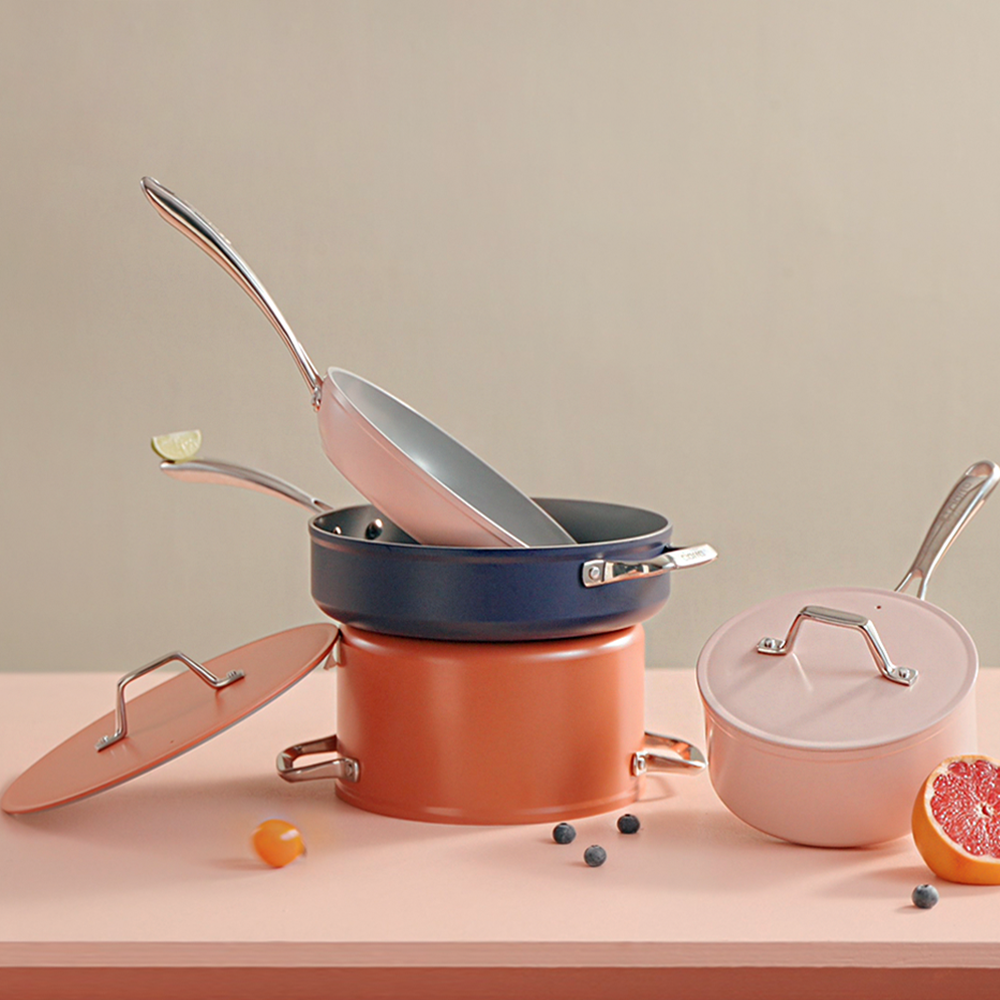

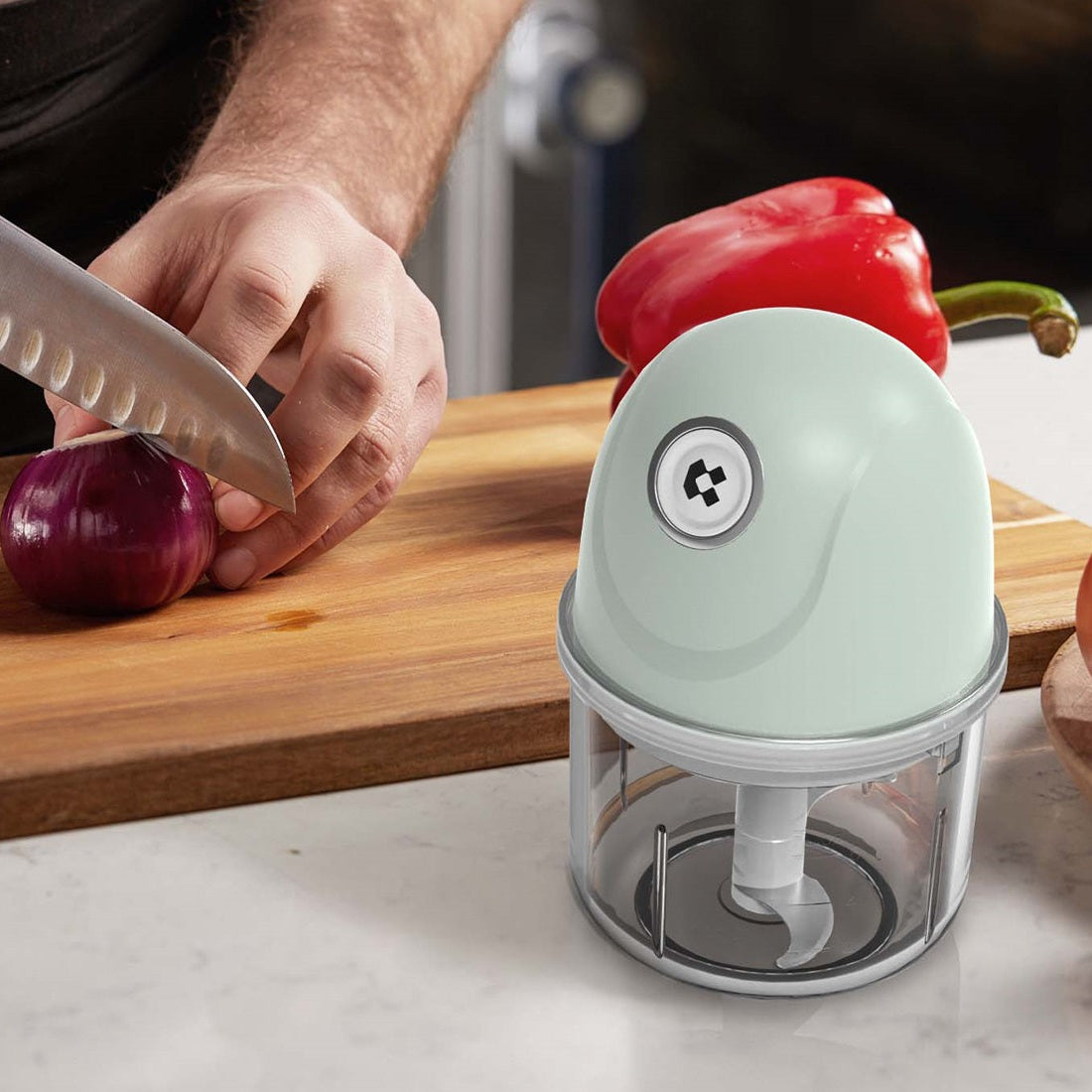

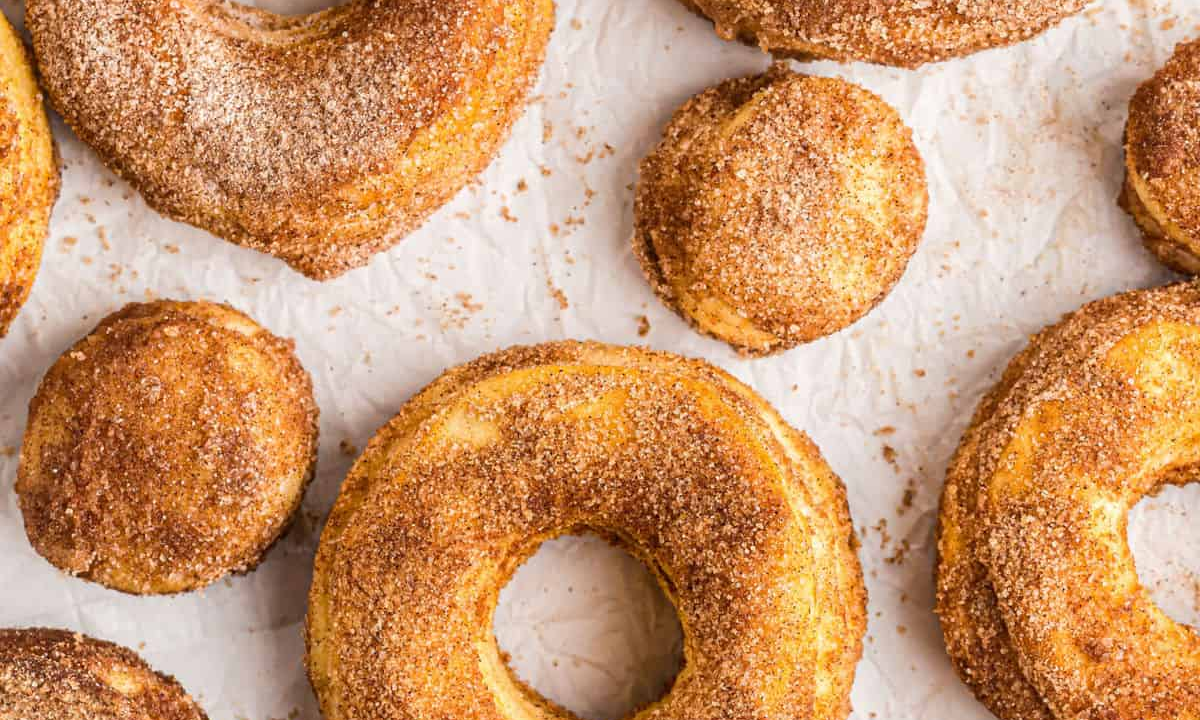
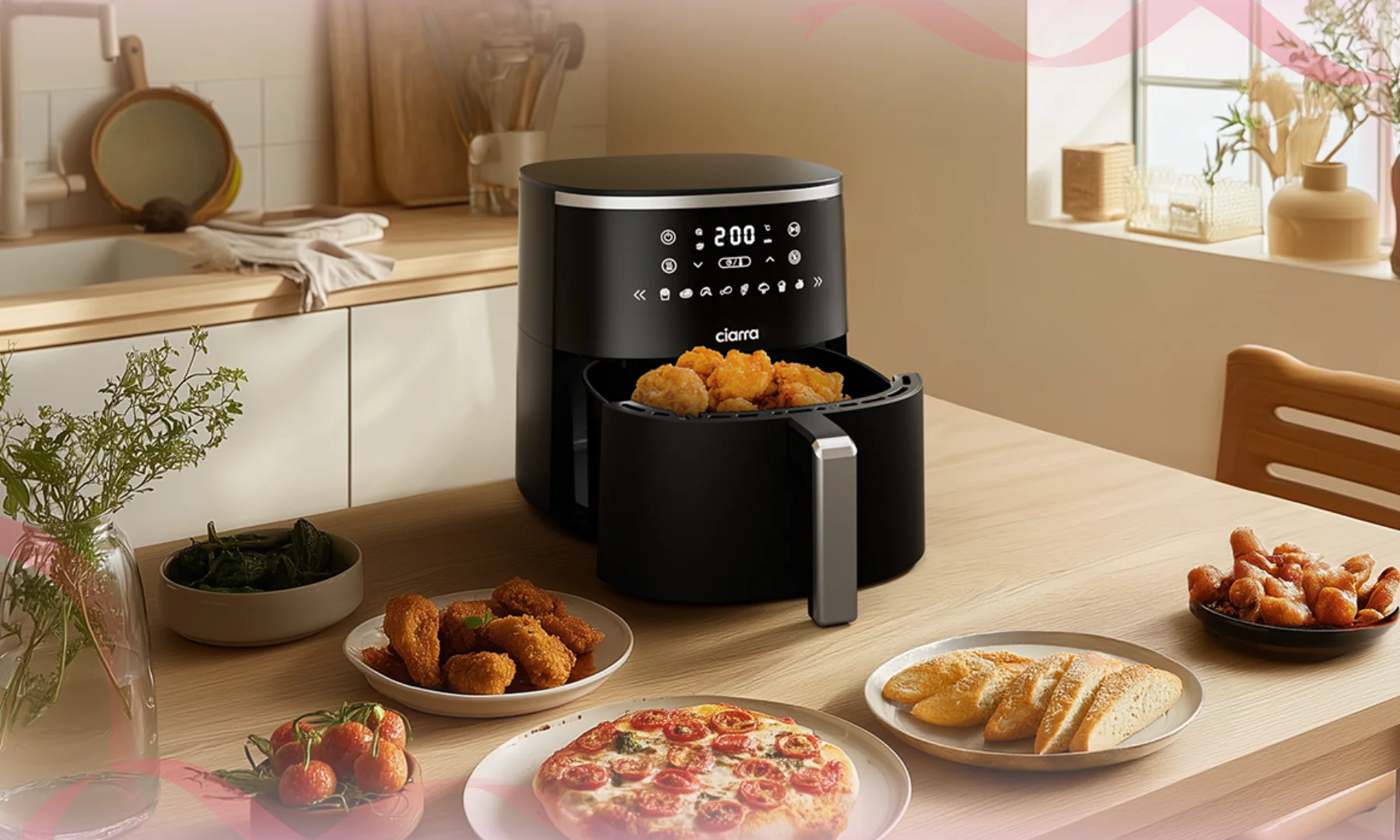
Leave a comment
All comments are moderated before being published.
This site is protected by hCaptcha and the hCaptcha Privacy Policy and Terms of Service apply.